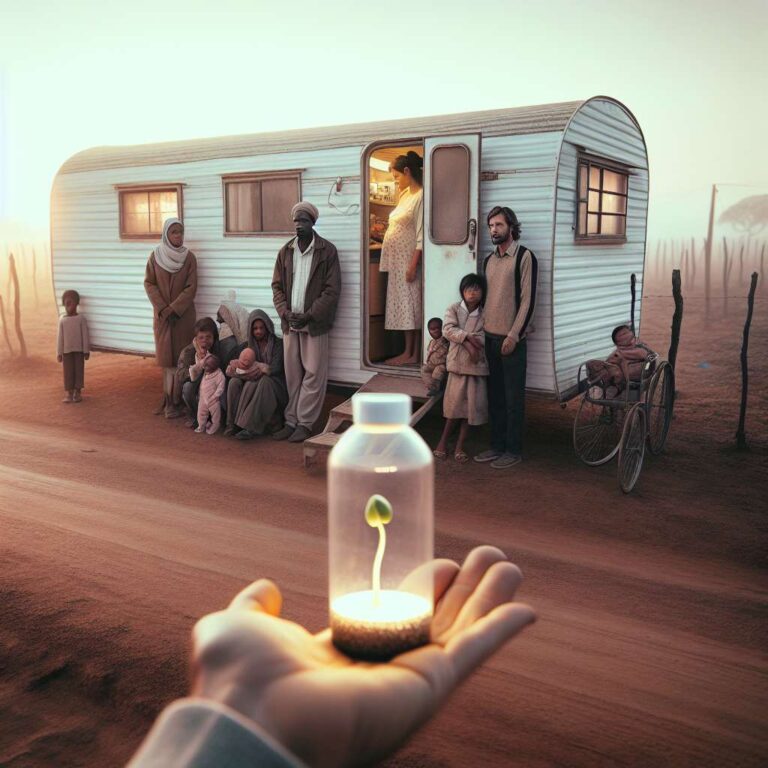Milayah and Rossouw, two newborns in South Africa, have become the first babies born via a ‘simplified’ in vitro fertilization (IVF) procedure performed inside a mobile laboratory. This innovative mobile lab, essentially a trailer outfitted with essential embryology tools, is designed to deliver critical reproductive treatments to rural populations, particularly in low-income countries where access to IVF is rare or unattainable and cost remains a significant barrier. The success of these births demonstrates the potential to expand fertility care to remote and underserved communities.
Traditional IVF laboratories require expensive equipment to culture embryos under controlled atmospheric conditions. However, biologist Jonathan Van Blerkom’s method eliminates the need for such specialized infrastructure by using sealed tubes preloaded with the necessary gases, maintained at the right temperature using simple heating elements. Eggs and sperm are injected into these tubes, and embryos are subsequently grown within. This streamlined process slashes costs to a fraction of standard IVF, while maintaining promising results comparable to traditional clinics, as affirmed by pilot trials in Belgium and the recent South African births.
The mobile IVF initiative, part of Willem Ombelet’s Walking Egg project, goes beyond just lowering IVF costs. It brings reproductive healthcare directly to populations excluded by distance and limited medical infrastructure. South Africa, despite being a regional center for fertility care, operates fewer than 30 clinics for more than 60 million people; many African nations have none. In the mobile lab trial, 5 out of 10 participants became pregnant, with four pregnancies progressing and two babies already born. The project’s creators plan further trials in Egypt and Indonesia, aiming for worldwide expansion of this affordable, portable fertility technology. These developments may finally bridge longstanding inequities in reproductive health access globally.

